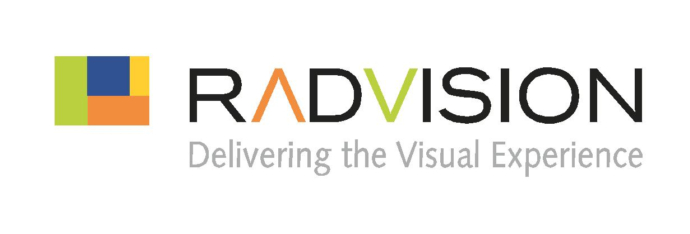Well, it’s been an interesting last few weeks (and last few years, for that matter) for Israeli-headquartered video-conferencing specialist, RadVision. Acquisition rumors are currently swirling around the company, based on Israeli newspaper Globes’ report that the company is in ‘advanced’ talks with Avaya, a business collaboration and communications company, for a sale of approximately $200 million.
The official word we’ve received from RadVision spokespeople is that, of course, they do not comment on “rumors or speculation”. But our Israeli sources did say, without confirming, that an acquisition will very likely happen, even if it doesn’t end up at $200 million. As Globes points out, RadVision has been looking for a potential acquisition candidate since late 2009, when its largest client, Cisco Systems (which accounted for about one-third of its revenue), bought its Norwegian videoconferencing rival, Tandberg, for $3.3 billion.
Since then, RadVision has been on the defense, looking for — but not finding — the right candidate, losing money, as further talks with HP broke down last year when the two could not agree on price. Yet, over recent weeks, RadVision’s stock has gone from sinking to soaring, up 108 percent since November 29th on acquisition rumors, and holding a market cap of about $180 million. (Of course, after hours trading was not so kind to the company, as shares tumbled 12 percent Wednesday.)
As to Avaya, it announced plans for an IPO back in June, but the public offering has been repeatedly delayed. Meanwhile, over the last year, Avaya has made a number of acquisitions of late, and with quite a few unified communications products, video conferencing among them, RadVision would be a nice pick-up — if they can be convinced it’s worth $200 million.
Interestingly, amidst all this coverage and speculation, RadVision quietly announced today that it is ramping up its offerings for SMBs, rolling out a suite of video solutions that is intended to bring the company’s enterprise video solution to startups and small business for a much lower cost than traditional, full-scale solutions.
RadVision is clearly hoping that by offering high definition audio, video, and content sharing, like HD video room system capabilities with embedded multi-party conferencing, desktop conferencing with firewall traversal, and support for mobile in packaged solutions, it will be able to find a new audience for products and boost revenues.
The leg-up for RadVision is that they have a robust suite of enterprise-grade conferencing products, especially for the European market, but startups like AnyMeeting are also offering web-based video conferencing and webinar services — for free.
Granted, they don’t have the same scale or number of features, but with its recent announcement that it is now offering Google Apps integration to enable web conferencing to Google users in a single sign-on solution — on top of six-way video conferencing, the ability to host meetings of up to 200 attendees with no time limits, screen sharing, app sharing, recording, and social media integration — the competition from U.S. startups is at least moving in the right direction. AnyMeeting is just one example.
RadVision still has a robust suite of communication tools, and expanding to offer support to SMBs certainly helps its case, but we’ll see what happens to the price as it attempts to ink a deal with Avaya. We’ll update as we learn more.
